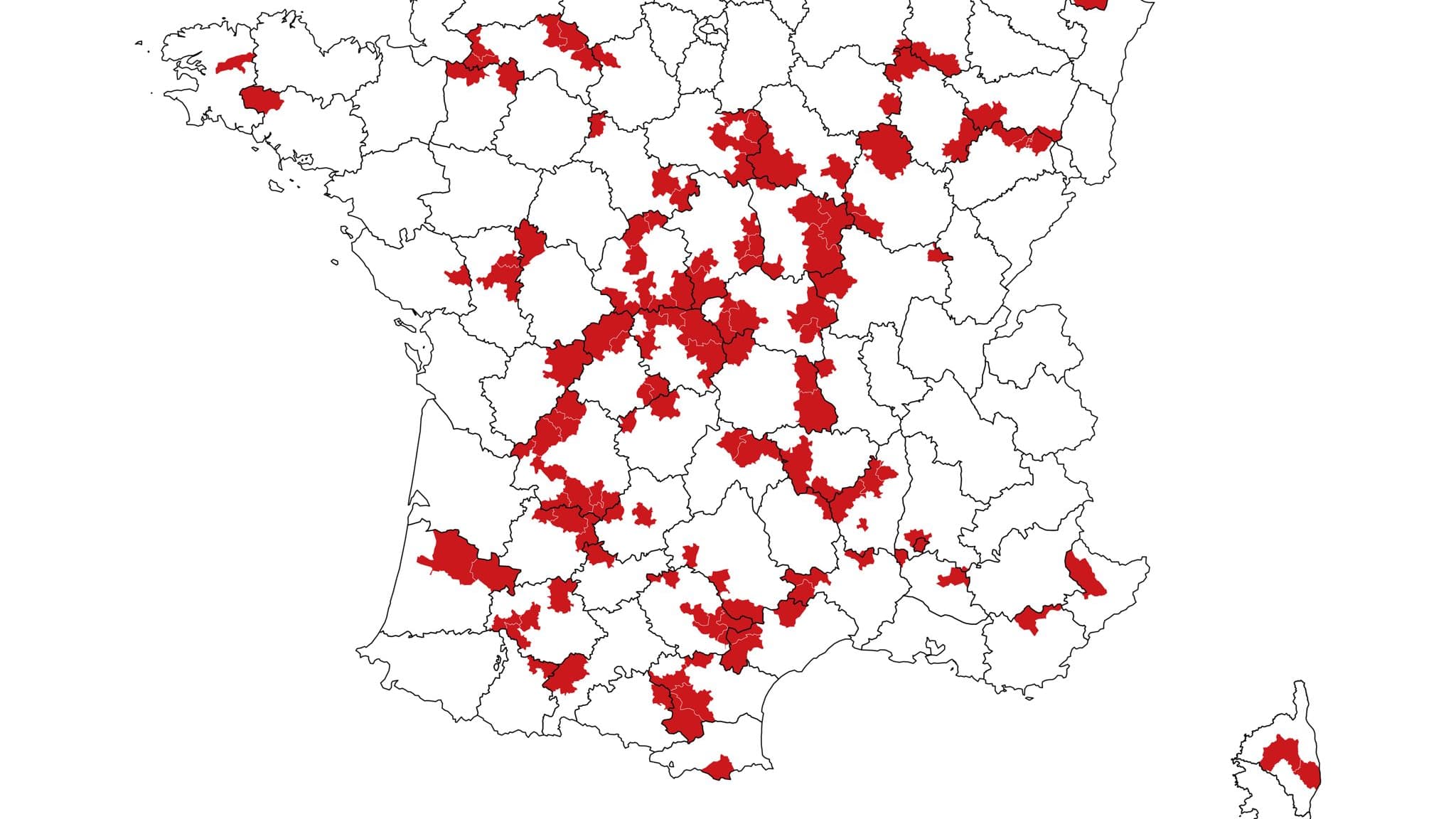"We're standing on our heads": anger of local elected officials against the new map of medical deserts

On June 27, Health Minister Yannick Neuder unveiled a map of 151 priority areas that will benefit, starting in September, from the support of general practitioners, for up to two days per month, to combat medical deserts. These areas represent more than 2.5 million French people. However, according to our sources, the chosen map isn't making everyone happy.
It's even "really nonsense," according to Hervé Maurey, centrist senator for Eure, one of the departments with the least GPs. "An aberration," in his words. So much so that he called Yannick Neuder to account, who himself admitted: "Saying that Eure isn't a medical desert isn't credible."

He's far from the only one complaining: in Finistère, Isère, and Sarthe, MoDem MP Jean-Carles Grelier denounces a lack of consultation. The elected representative of the presidential majority assures me that no one has been contacted at his home. "Rebuilding a healthcare system without elected officials seems completely illusory to me," he says.
The result is mapping criteria that are "disconnected from reality," argues Hervé Maurey: "I don't really see the connection between average income per capita," he says ironically.

In Sarthe, it's a different story. Elected officials were unofficially told that they had somehow "done too well": several measures were taken to find solutions to the shortage. And this is "apparently, the element that was decisive in excluding them," says a dejected Jean-Carles Grelier. "Going to remotivate teams of caregivers by telling them, 'you were too good and that's why we're being penalized today.'"
The final grievance: the fact that potentially "we're even going to remove doctors from departments that are already under-resourced to go to other areas deemed to be higher priority," says Hervé Maurey, who sighs: "we're walking on our heads."
RMC





